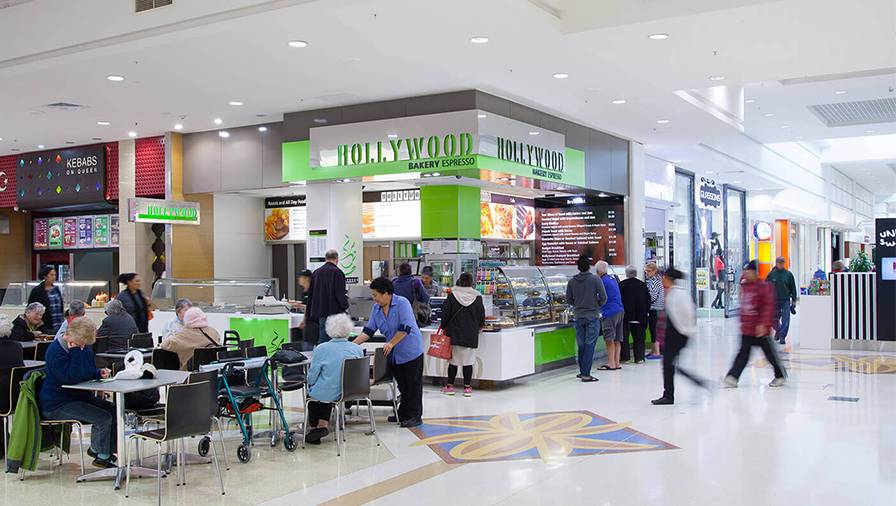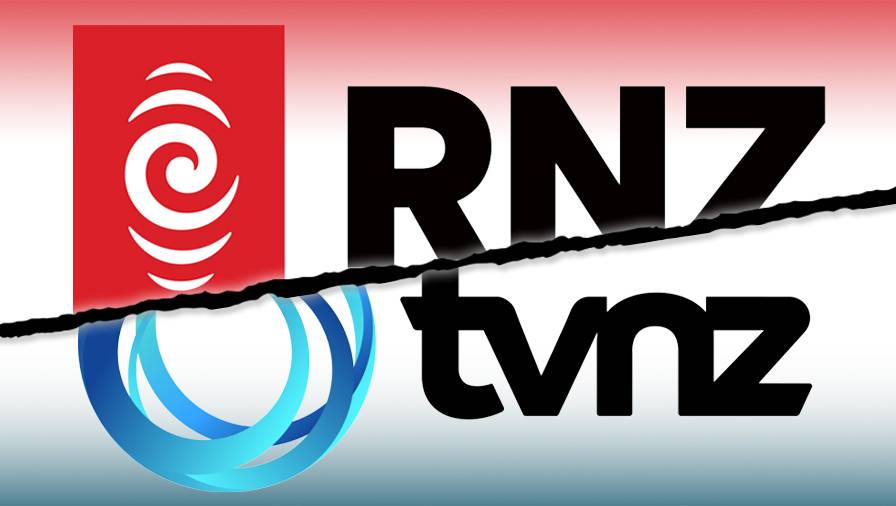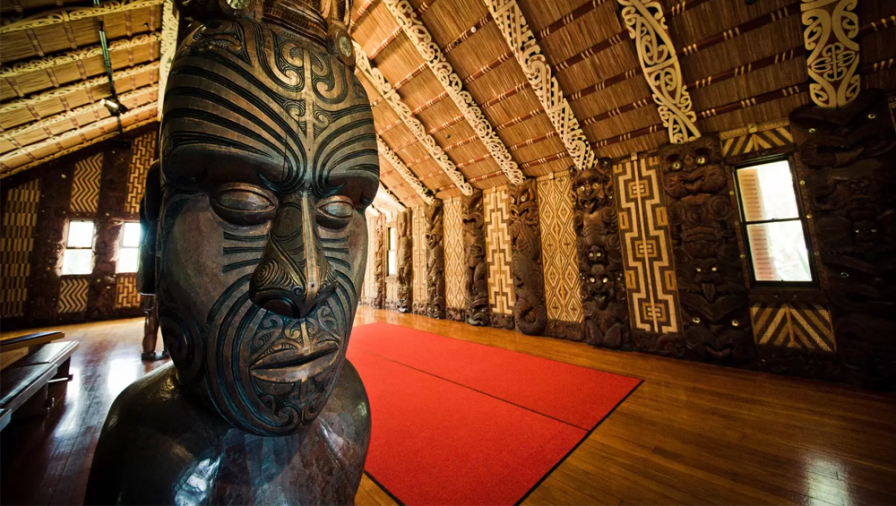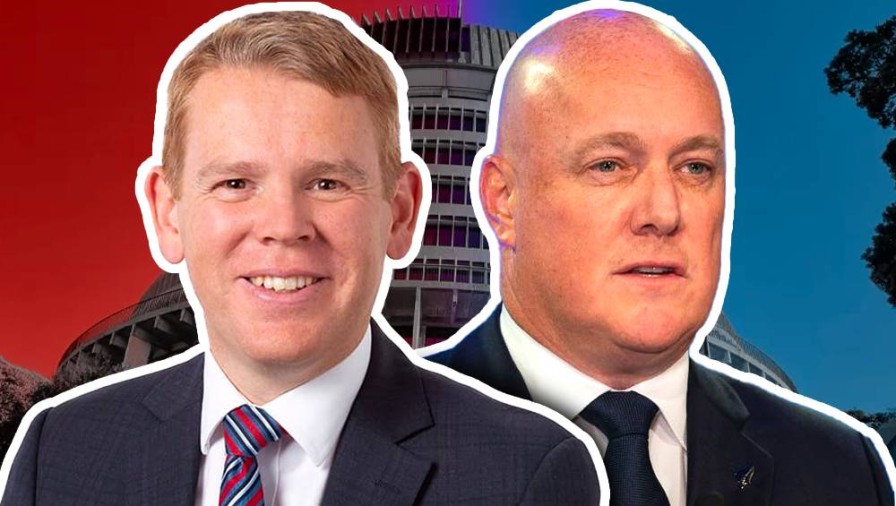

A bonfire of policies, Waitangi, the year ahead
ANALYSIS: Next week the Prime Minister outlines Government’s agenda after this week detailing what it would not do.
NBR columnist Grant Walker speaks with Brent Edwards.


ANALYSIS: Next week the Prime Minister outlines Government’s agenda after this week detailing what it would not do.
NBR columnist Grant Walker speaks with Brent Edwards.
Remember Jacinda Ardern?
No. That seems to be the case with many New Zealanders as the still new Prime Minister, Chris Hipkins, remakes the Government in his image.
This week Hipkins announced what policies the Government was dropping as it refocused on “the bread and butter” issues he has championed since becoming PM.
So, the merger of RNZ and TVNZ has been dropped, the biofuel mandate is gone and the income insurance scheme has been parked for the moment.
He also announced the minimum wage would go up by the rate of inflation, but that means a whopping increase of $1.50 to $22.70 on April 1.
Act's small business spokesperson Chris Baillie was furious, saying Hipkins had the chance to show he understood the pain businesses were feeling by pausing further increases to the minimum wage. Instead, he said the PM did not even bother to get the view of Auckland business leaders when he met them a week or so ago.
NBR presenter Grant Walker points out that a recent survey shows 30% of retail businesses are not sure they will survive the next 12 months and the minimum wage had now gone up 44% since 2017.
Retail NZ is also warning the increase will result in price rises and more limited shop opening hours.

The retail sector is under pressure.
Walker suggests the Reserve Bank will not be happy as it considers further interest rate hikes to rein in inflation and it will only worsen as unions negotiate fair pay agreements this year.
In Walker’s view, Hipkins has failed to listen to business and made a big mistake, suggesting those on the minimum wage would still vote Labour had the Government not increased it.
Equally, though, the increase in the minimum wage fits with Hipkins “bread and butter” rhetoric. Boosting the lowest paid workers’ income is all about helping them cope with rising prices.
The Prime Minister also argues – disputed by some – that the increase will have little impact on inflation. The Ministry for Business, Innovation and Employment estimates its impact at 0.1%.
Businesses did get something out the policy review, with the dropping of the unpopular income insurance scheme. Hipkins says that should give them some certainty in a time of economic stress.
But he made clear the idea is not off the policy agenda. It simply will not be pursued while inflation is so high, and the economy faces the challenges it does.
That decision was no surprise. Nor was the decision to completely abandon the RNZ-TVNZ merger, estimated to have cost $16m so far.
This was not an initiative of great public interest and at this time was seen as a luxury when people are struggling to make ends meet. The Government, too, had never mounted a coherent and compelling argument for the merger.

The merger of RNZ and TVNZ is now off the table.
RNZ and New Zealand on Air will get more money, now the merger has been dumped, but there will still be savings in the order of the low hundreds of millions of dollars over the budget forecast period.
But for Hipkins this was all about getting rid of some political distractions and cementing his image as a Prime Minister who gets things done.
It worked, with a number of media talking about a “bonfire of policies” when in fact only two have been scrapped, while others remain under review.
The other policy also under review is the Three Water reform programme, with new Local Government Minister Kieran McAnulty under instructions to look at what needs to change.
Hipkins would not give much away but there could be changes to the co-governance system in the legislation.
But the Government will proceed with care after iwi leaders told the Prime Minister at Waitangi not to drop co-governance. Hipkins has criticised both National and Act for their attacks on co-governance but also left open the option that implementation might be amended.
As Walker observes, it is a very fine line to walk.

Chris Hipkins was given a clear message at Waitangi about co-governance.
At the same time National Party leader Christopher Luxon was criticised for his comments at Waitangi that the Treaty of Waitangi was a “little experiment”. He then eschewed the dawn ceremony on Waitangi Day, instead heading back to Auckland the night before to attend an event at the Takapuna Yacht Club.
For a leader wanting to make stronger connections with Māoridom, and who says he is working to ensure National’s caucus is more diverse, it seemed an odd approach or, as Walker says, “not a good look”.
The day after Waitangi, Hipkins then flew to Canberra for the day to meet Australian Prime Minister Anthony Albanese. There was a lot of mateship and confirmation the Australian Government would take a different approach to New Zealanders with criminal records, or 501s, by taking into account how long they had been in Australia when deciding whether to deport them or not.
This really is a win for former Prime Minister Jacinda Ardern, who had campaigned consistently for Australia not to send back those New Zealand citizens who had no real links in this country because they had lived across the Tasman for such a long time.
Back in Wellington Hipkins announced his ‘bonfire of policies’.
But what he says next week will be more important. In his Prime Minister’s statement to Parliament on the first sitting day of the year he will spell out what his Government will do this year, rather than what it won’t do.
Normally these statements are a bit of yawn – despite their importance – but on Tuesday there should be plenty of interest in what Hipkins has to say. Then the next day he attends his first Question Time as Prime Minister. That will be as much a test for Luxon as it will be for Hipkins.

Next week Chris Hipkins and Christopher Luxon will go head to head in Parliament for the first time.